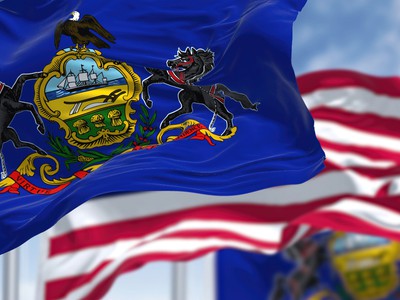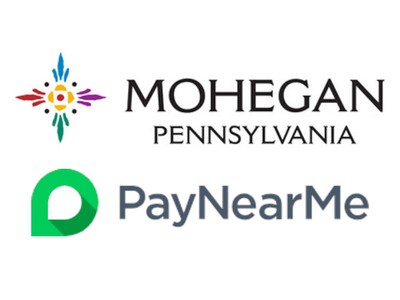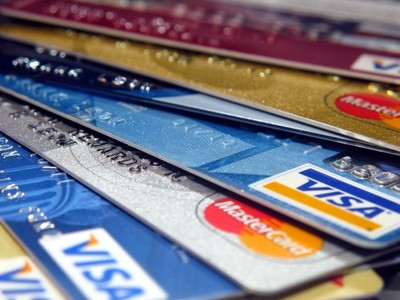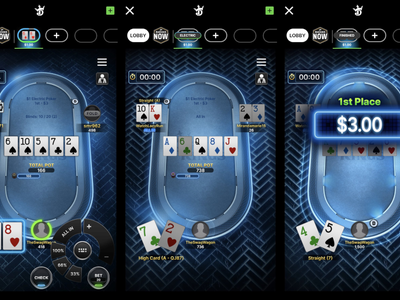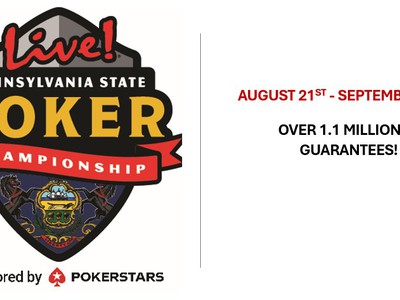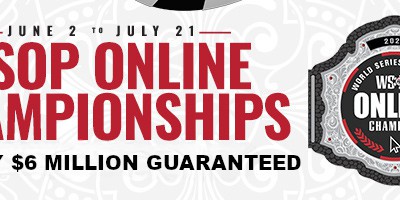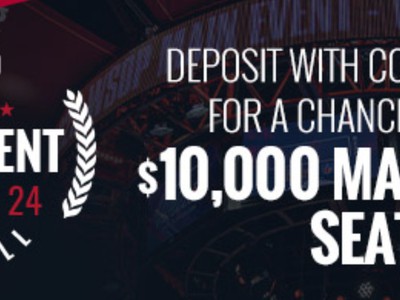The Pennsylvania Gaming Control Board (PGCB) announced the second expansion of its online system for self-exclusion — this time by adding support programs for igaming, video gaming terminals (VGTs) at truck stops, and daily fantasy sports (DFS).
With the expansion, the regulator’s Self-Exclusion Program (SEP), which launched in 2006, now allows individuals to voluntarily ban themselves from participating in all forms of regulated gambling in the state.
The PGCB also said it had made changes to the SEP website to make it more user-friendly. Individuals are now able to enroll in one or more self-exclusion programs and complete the entire registration process online.
Other updates to the SEP website include allowing individuals to request removal from the self-exclusion program for casinos; extend the duration of their self-exclusion; view self-exclusion documents in real-time; update their personal information, and access gambling disorder information and the state’s helpline.
While the tools are designed to improve access, the regulator said in a statement last Wednesday that for identity verification purposes and to ensure confidentiality, individuals enrolling in a self-exclusion program on the SEP website “must upload a 'selfie’ picture, a picture of their photo ID, and must receive Lexis Nexis verification during the enrollment process.”
The regulator said the self-exclusion programs available through SEP “are just one of the ways in which the PGCB’s Office of Compulsive and Problem Gambling (OCPG) is making sure that gaming is fair and safe.
“The director of the OCPG also ensures that the casinos and the online gaming operators have an approved compulsive and problem gambling plan,” PGCB said on July 12. “In addition, all online games (casino-type, sports wagering, and fantasy) have options on their sites that would enable the player to place self-imposed limits on deposits, wagers, spend and play time.”
The aforementioned gambling plan must include, among other things:
- Training for retail and casino employees “on the signs and symptoms of gambling disorder” and familiarity with responsible gaming programs offered
- Policies and procedures for identifying those with potentially harmful behavior
- Identification and removal of underage, self-excluded, and excluded individuals engaged in gaming activities
According to the PGCB, individuals on the self-exclusion list must be denied gaming privileges. If they are found to be participating in gaming activities in the state, they may be charged with criminal trespass. All gambling winnings by such individuals are confiscated.
SEP was first expanded in 2017 following the passage of the Gaming Expansion Act, which allowed for online poker, casino gaming, sports betting, VGTs, and DFS.
The changes come one month after PGCB announced that its self-exclusion program for casinos had welcomed its 20,000th volunteer participant, meaning they agreed to be barred from entering a brick-and-mortar casino or sportsbooks. Individuals can request a one-year-, five-year-, or lifetime ban — the regulator said more than 20% choose the lifetime option.
At the time, the regulator said the self-exclusion program for igaming (online poker, casino gaming, and sports betting) had totaled 3,778 participants. According to the regulator, there were an additional 1,467 participants in the self-exclusion program for VGTs and 797 for DFS.

